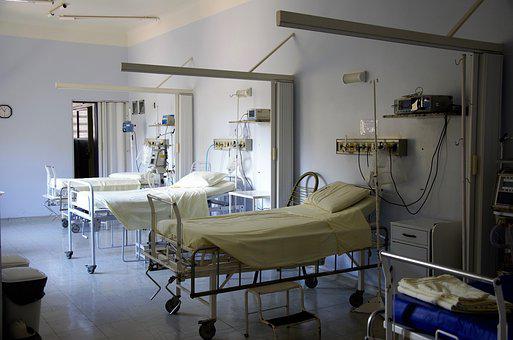
NHS backlog of 22,500 longest-wait patients slashed to fewer than 200, says NHS England figures
pharmafile | August 11, 2022 | News story | Business Services |
The COVID-19 pandemic caused a huge backlog in patients as medical services focused their efforts on combating the virus. At the start of the year, there were 22,500 patients who had been waiting longer than two years for routine surgery. However, NHS figures now show that number has dropped to 168, not including the 2,500 cases who are too complex or refused to travel.
This has been possible in part by the offer of travel and accommodation costs in order for them to be treated in less busy parts of the country.
Amanda Pritchard, Chief Executive for NHS England, said: “It has only been possible because the NHS has continued to reform the way we deliver care, using innovative techniques and adopting pioneering technology like robot surgery, and through building new relationships and mutual aid arrangements across systems to offer patients the opportunity to be transferred elsewhere and get the care they need as quickly as possible.”
While this is the first milestone in NHS England’s effort to clear the backlog, services still have a record 6.6 million people still waiting for hospital treatment, with 400,000 having waited more than a year, and around 50,000 having waited more than 18 months.
The government have pledged to clear the list of 18-month wait patients by April 2023, however the yearly pressures and delays of winter pose a threat to this promise.
The backlog also caused people to look into private care instead, with the situation pushing people into borrowing thousands of pounds to afford it. There were a recorded 69,000 UK self-funded treatments in the last three months of 2021, a 39% increase from the same period pre-pandemic.
For common operations, like hip and knee replacements, the cost can be as much as £15,000. It is feared the backlog will result in a ‘two tier’ system, where less financially stable patients could miss out due to the inability to afford private funding costs.
James Spargo






